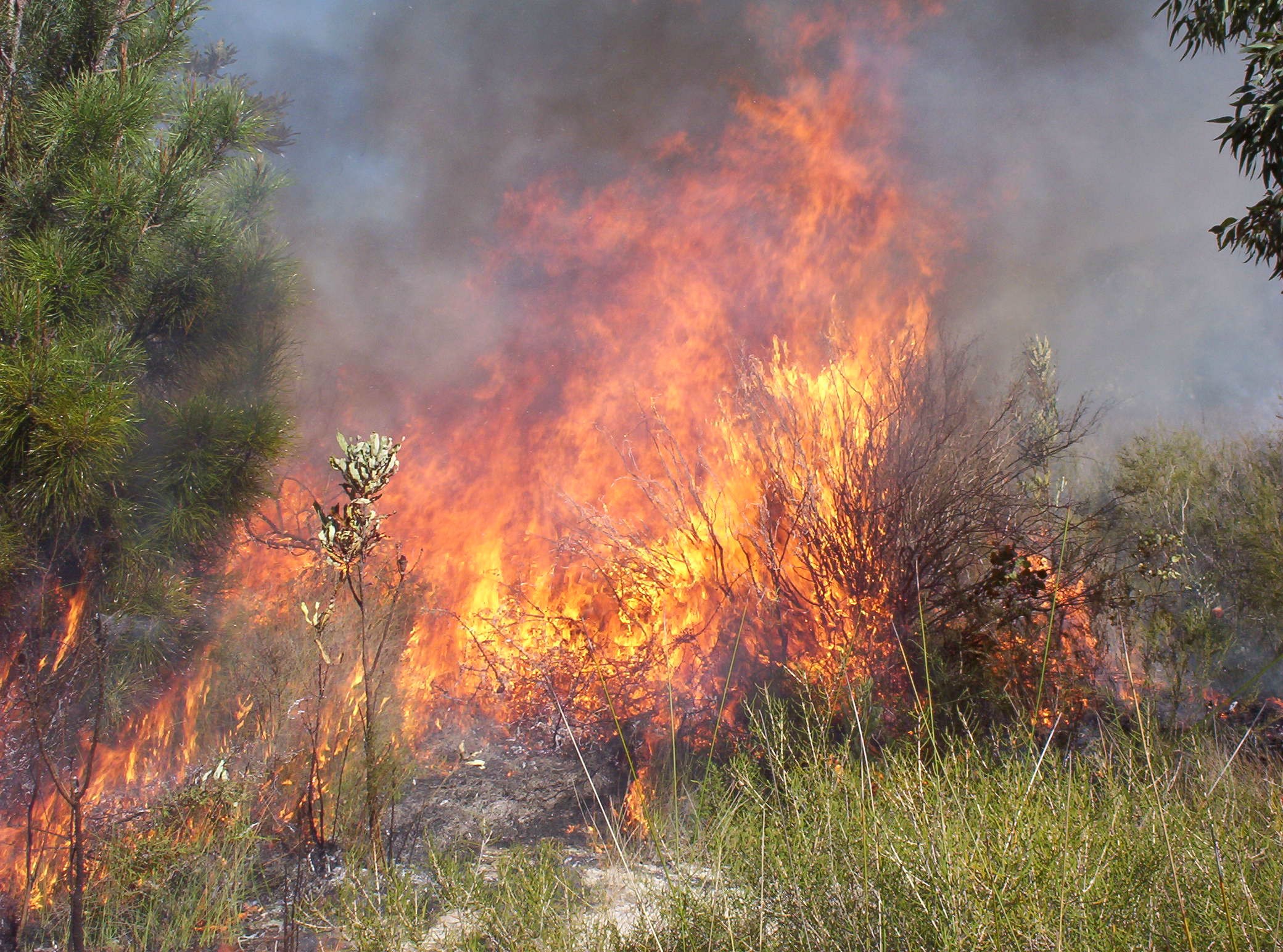Molecular ecology of fire: understanding how ecological disturbance shapes population dynamics and genetic diversity
Bushfires are a defining characteristic of Australia’s environment.
Speakers
Content navigation
Description

Bushfires are a defining characteristic of Australia’s environment.
The regimes of disturbances like fire shape the diversity of ecological communities around the world, and have featured strongly in the development of ecological theory. However, their influence on genetic diversity is less appreciated.
Building an understanding of how fire regimes influence genetic diversity has involved going ‘back to basics’ in fire ecology to understand how natural populations actually recover from fire events.
I will describe how field-based research on native mammals (and one plant) from mountain forests to tropical savannahs is helping to develop an understanding of the genetic impacts of wildfire, how genetic data can inform practical fire management, and how simulation modelling is helping us predict the impacts of disturbance regime changes on neutral and selection-driven genetic diversity.
Biography
Sam Banks is an ARC Future Fellow in the Fenner School at the ANU. Like many before and after him, he did his PhD research on the wonderful Antechinus, working at Monash University with Dr Andrea Taylor. After a sea change involving research on ocean circulation and marine population connectivity, he moved to the ANU to work at the interface of ecology and genetics in native mammal populations. He came to the conclusion that disturbance might be something worth studying when his third major field project was 'ruined' by bushfire.
This seminar is part of the Evolution, Ecology and Genetics Seminar Series
Location
Gould Seminar Room (Rm 235), Bldg 116, Gould Building, Daley Road, ANU
